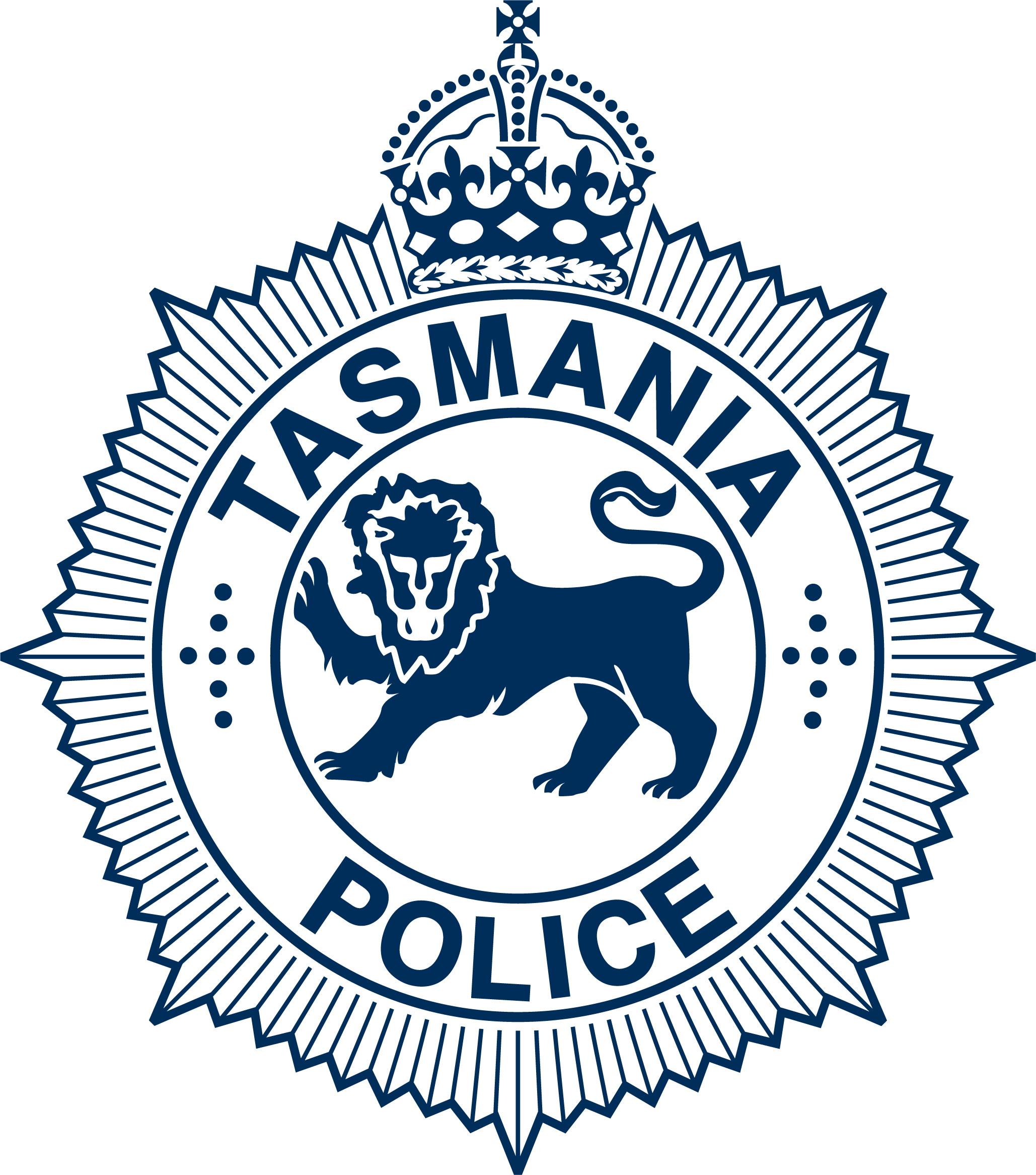Antique firearms changes to improve community safety
A new process to manage the possession of antique (pre-1900) firearms has been implemented in Tasmania.
Until now, Exemption No. 4 under the Firearms Act 1996 has allowed people to possess certain antique (pre-1900) firearms without a licence, registration and storage requirements.
Following a review, the Commissioner has determined to cancel Exemption No. 4 and antique firearms are now subject to the licencing, registration and storage provisions of the Act.
Anyone who owns antique firearms must now take steps to ensure their possession of those firearms is compliant with the legislation. Antique firearms owners have four options:
- Apply for a time limited individual exemption (to continue to possess these firearms in compliant firearms storage for a limited time whilst applying for a suitable firearms licence and registration),
- Apply for a firearms licence, or a licence upgrade now (however, this will require immediate surrender of the firearms to a licenced dealer during the process),
- Sell the firearm through a licensed firearms dealer; or
- Surrender the firearm to police for destruction (Tasmania has an ongoing firearms amnesty).
Assistant Commissioner Rob Blackwood said that the changes were aimed at improving community safety, and owners of antique firearms will be given time to consider their new licensing and registration requirements.
“We understand this change will impact the owners of antique firearms. The opportunity to apply for a time limited individual exemption will give owners time to consider their options to keep, sell or dispose of the firearms,” he said.
Exemption No. 4 operates to exclude a category of firearm (pre-1900 firearms) from the licensing and registration regime under the Firearms Act.
The Commissioner has determined that excluding the category of pre-1900 firearms is not consistent with the intent of the Firearms Act 1996, or with the expectations of the Tasmanian community with regard to the licencing, registration and storage provisions for other types of firearms.
“A firearm can be used to intimidate or threaten, regardless of whether it can be fired. That’s why replica firearms are not legal,” Assistant Commissioner Blackwood said.
“Antique firearms which were subject to Exemption No.4 can’t be fired with commercial cartridge ammunition- they are muzzle-loading. These firearms are often held by collectors or been in families for generations.”
Exemption No. 4 is problematic for several reasons:
- It has been identified that Exemption No. 4 operates to exclude a category of firearm (pre-1900 firearms) from the licensing, registration and storage regime under the Firearms Act, rather than a person (or class of persons) being exempted. The Exemption is not, therefore within the power conferred upon the Commissioner by the Firearms Act.
- It has been subject to misinterpretation, and some people have relied on it to possess antique firearms that take commercially available cartridge ammunition.
- It is difficult to determine whether cartridge ammunition is commercially available for the firearms (technological advancements mean previously obsolete ammunition is now available).
- It is also difficult to determine the year of manufacture – some models were manufactured between 1880 – 1920.
“The new process to possess antique (pre-1900) firearms will further help to protect our community by ensuring that proper processes are in place regarding the possession and storage of antique firearms,” Assistant Commissioner Blackwood said.
“Importantly, it allows for fit and proper person assessments to be undertaken, which previously was not done in relation to antique firearms.
“In the coming days, all firearms licence holders will receive information about the changes and we’re encouraging anyone impacted to contact us at the earliest opportunity so we can help guide you through the process.
“We understand that these changes mean affected owners will need to take action and we have established a team of people specifically to support owners through this process.”
Concurrently, work is underway to seek legislative amendment to the Act. Consideration will be given to whether possession of antique firearms is permitted and, if so, the licence and training requirements that would apply.
“We’ll be continuing to liaise with key stakeholder groups including approved firearms clubs and historical societies, firearms representative groups and firearms dealers to ensure affected parties are supported through these changes.”
You can find out more here https://fas.police.tas.gov.au/ or email antique.firearms.transition@police.tas.gov.au and phone 6173 2225



